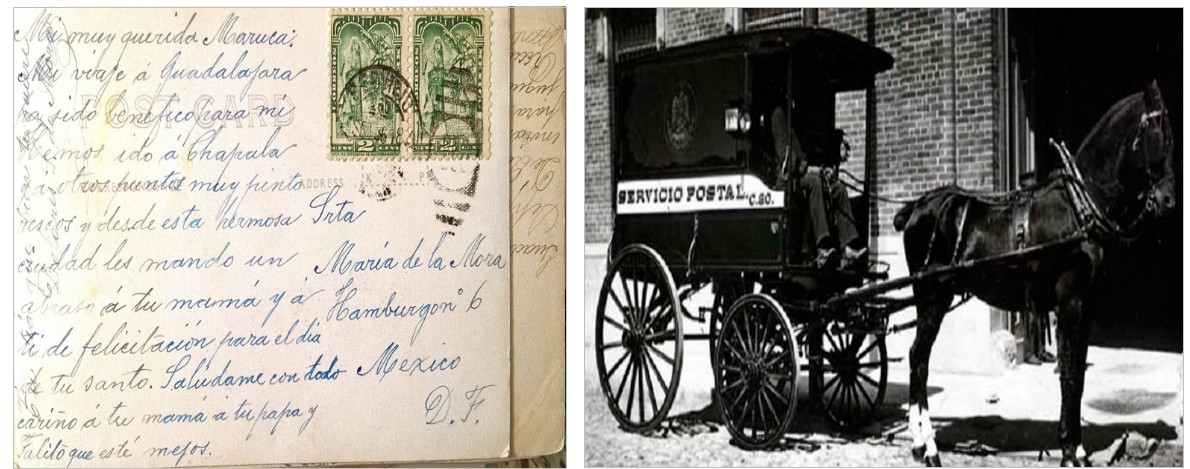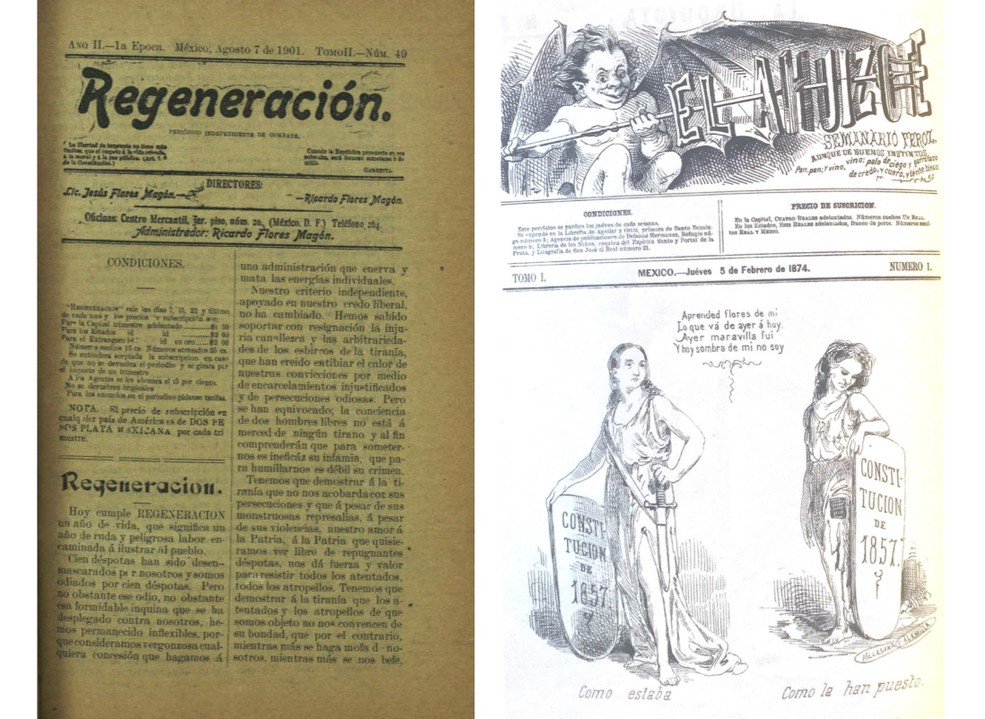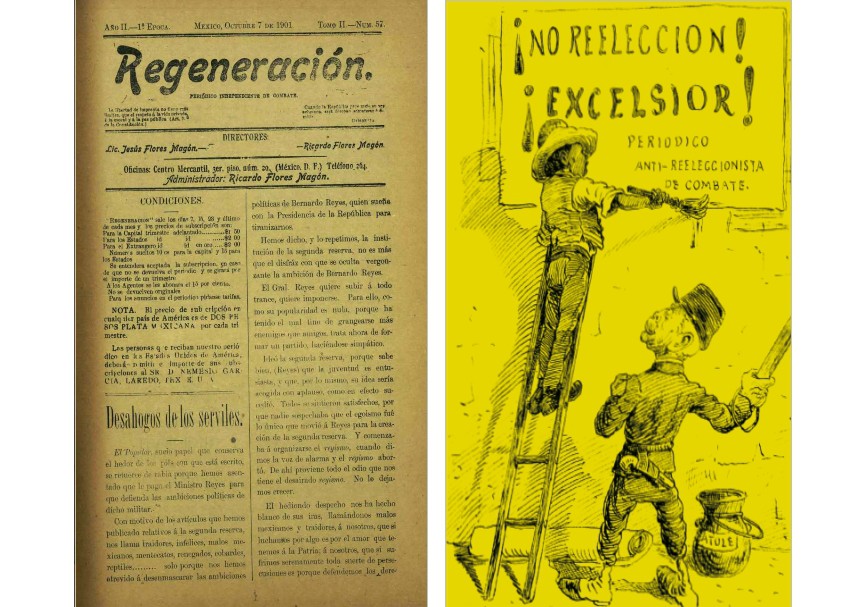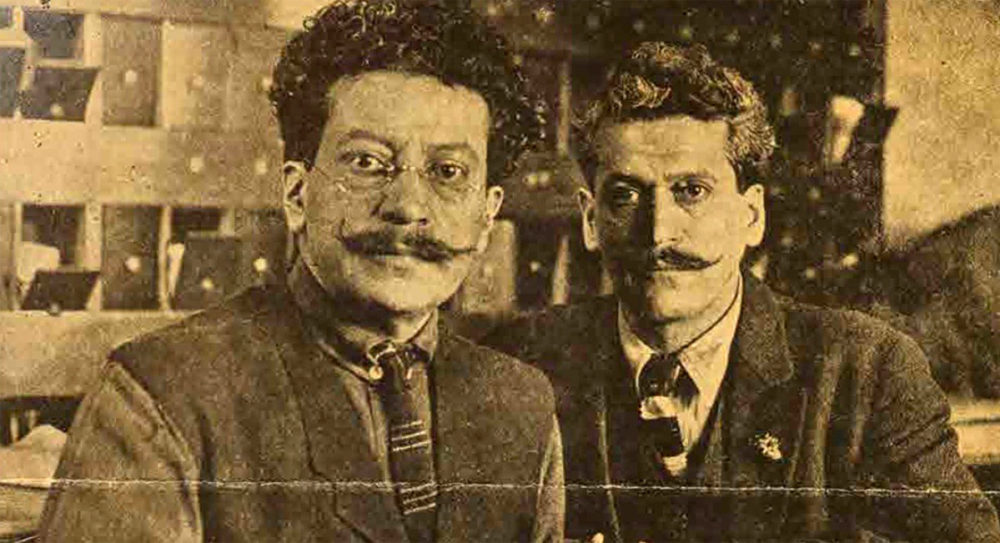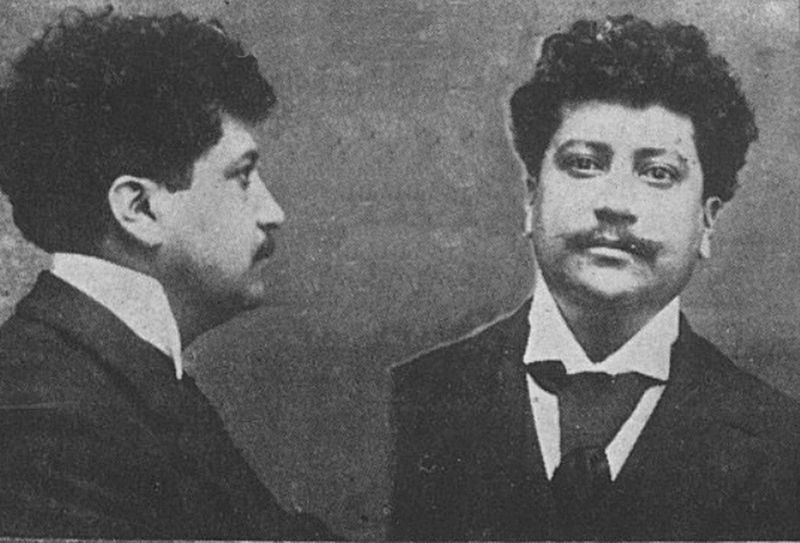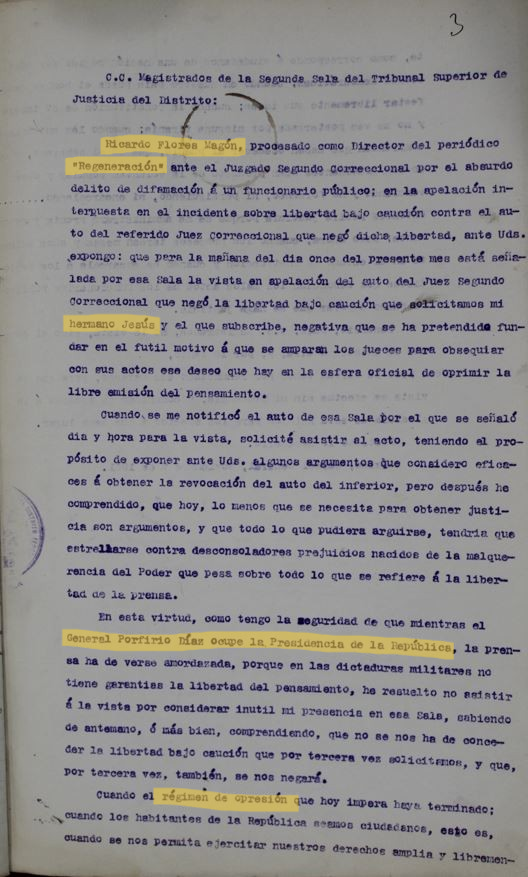In its first instance (1900-1901),
Regeneración was fundamental in publicizing several of the problems of the Mexican people related to the administration of justice, such as irregularities and delays in judicial processes, impositioin of excessive sentences, negligent employees and public prosecutors, breach of contracts, violation of guarantees and federal codes, among many others.
The rapid adoption of
Regeneración by readers led to its distribution growing in the capital, other states of the Republic, and foreign nations, particularly in the United States, thanks to the intensive use of postal services and post offices. Via these means,
Regeneración reached the homes of subscribers located within and beyond the borders of Mexico, encouraging among them the denunciation of the violations and illegalities suffered by Mexicans living from the Baja California peninsula to the Yucatán: The enterprise was a resounding success.
Regeneración didn't have to bother to form a corps of reporters, since editors could rely on their copious correspondence to publish relevant and sometimes scandalous news. Thus, very soon a network of regular volunteer correspondents was created.
The exchange of letters, telegrams, and the weekly
Regeneración through postal services reached beyond Mexico, and allowed Ricardo Flores Magon to reach the homes of readers interested in the political and social reality of Mexico.
The resurgence of interest in opposition newspapers represented a shift in the role of the nationial press from an activity "tolerated and controlled" through harrassment and censorship to that of an agent that could contribute to social transformation. Aware that
Regeneración had to participate in this mission, Ricardo and Jesus Flores Magon decided on important changes to their weekly before the end of 1900. The first of these was reflected in its board of directors (Antonio Horcasitas left the editorial team) and the second in its motto, which was replaced by
Regeneración: Independent Combat Newspaper.
On the anniversary of its founding,
Regeneración stated that it had been "a year of hard and dangerous work aimed at enlightening the people." Reproaching the abandonment and violation of the Constitution of 1857, as El Hijo del Ahuzote did in 1847, Ricardo Flores Magon reaffirmed his conviction in the search for justice and democracy.
This new era of the weekly coincided with the electoral process that ended up giving General Porfirio Diaz a sixth term as president in December 1900. Although the Brothers Flores Magon linked their combat journalism to political actions within the Mexican Liberal Party, the denunciation of the excesses and vices of the Porfirian regime, which Ricardo describes as a "den of bandits," was not enough to overthrow the dictatorship at the ballot box. [ed note: General Porfirio Diaz won reelection with 100% of the vote]
In contrast, the regime hardened against any dissenting voice, so that by May of the following year, Ricardo and Jesus were detained, leaving their paper in the hands of Eugenio Arnoux and their youngest brother, Enrique Flores Magon, who kept the memory of those times in the following way: "although dull in the handling of the pen, and with the help of articles written by those in lockup which they managed to smuggle and contraband from their dungeon, we upheld
Regeneración until the dictator killed it," which occured on 7 october 1901, date on which the weekly published its last issue in Mexico.
Dedonus the villager is hunted

